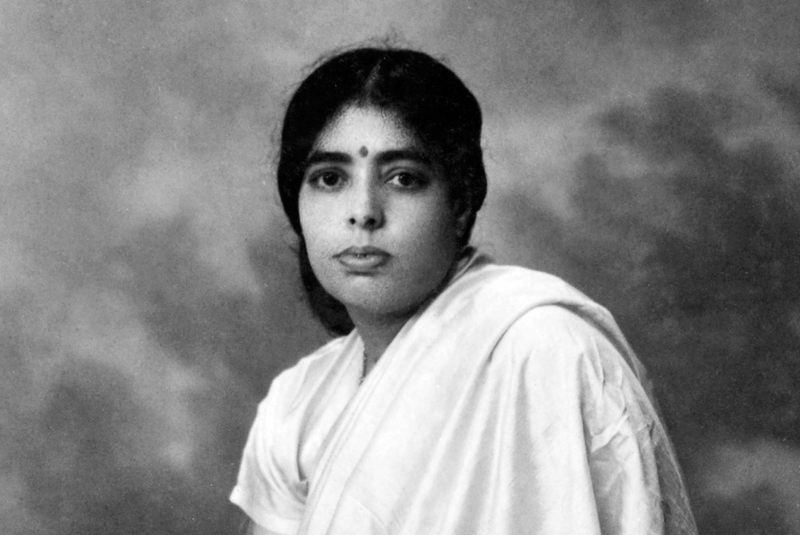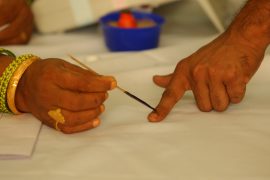There are two sides to scientists such as Janaki Ammal: One is personal – the interplay of caste and race that dominated their childhood and career. The other is empirical; nearly 60 years spent devoted to academia and research in the field of botany.
Janaki is the reason Indian sugar is as sweet as it is; the driving forcing behind the Botanical Survey of India’s reorganisation (leading to the documentation of India’s countless and diverse plant varieties) and the name behind the flower Magnolia Kobus Janaki Ammal.
Janaki’s story was much neglected after her death in 1984. But recent efforts by the Botanical Survey of India and other writers have brought her back into the public imagination. The work of Vinita Damodaran of the University of Sussex provides some details into Janaki’s life and times.
Edavaleth Kakkat Janaki Ammal was born in Telicherry, Kerala; the tenth child of E.K Krishnan and Devayani. They were of the Thiya community, now listed as an Other Backward Class. But what attracted stigma was not necessarily their caste – but the colour of their skin. Devayani was the daughter of John Child Hannyngton, an Irish civil servant in India. In a time where British officials were discouraged from marrying Indian women, Hannyngton maintained cursory links to his ‘illegitimate’ Indian family but was largely hands-off. He remained in England while they remained in Telicherry.
Copyright©Madras Courier, All Rights Reserved. You may share using our article tools. Please don't cut articles from madrascourier.com and redistribute by email, post to the web, mobile phone or social media.Please send in your feed back and comments to [email protected]











